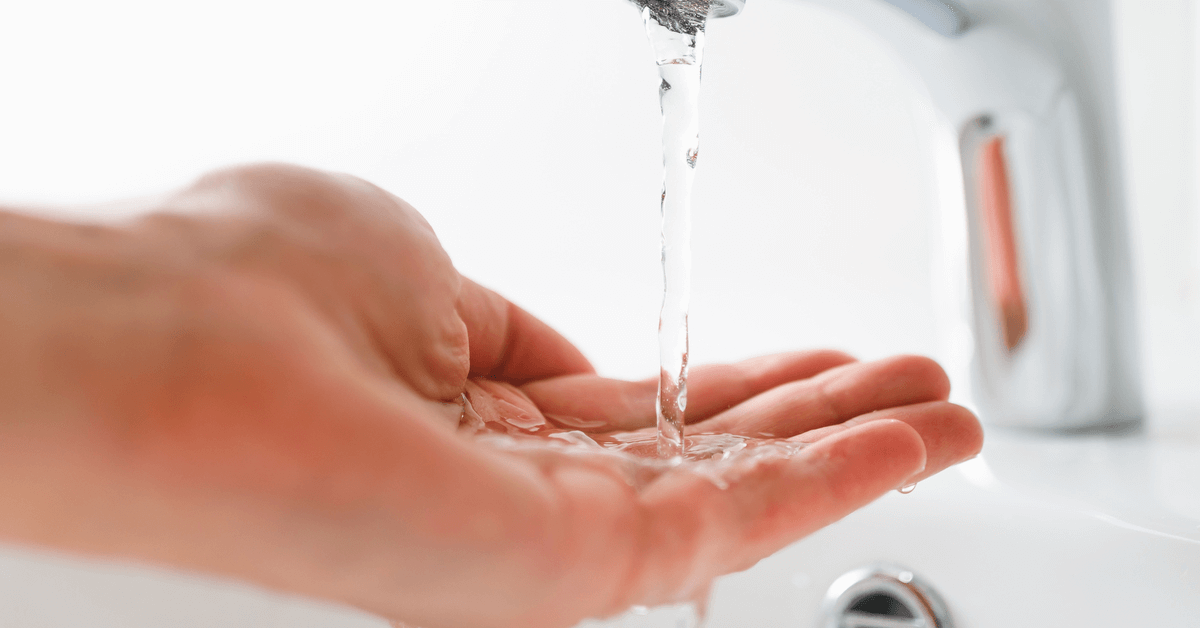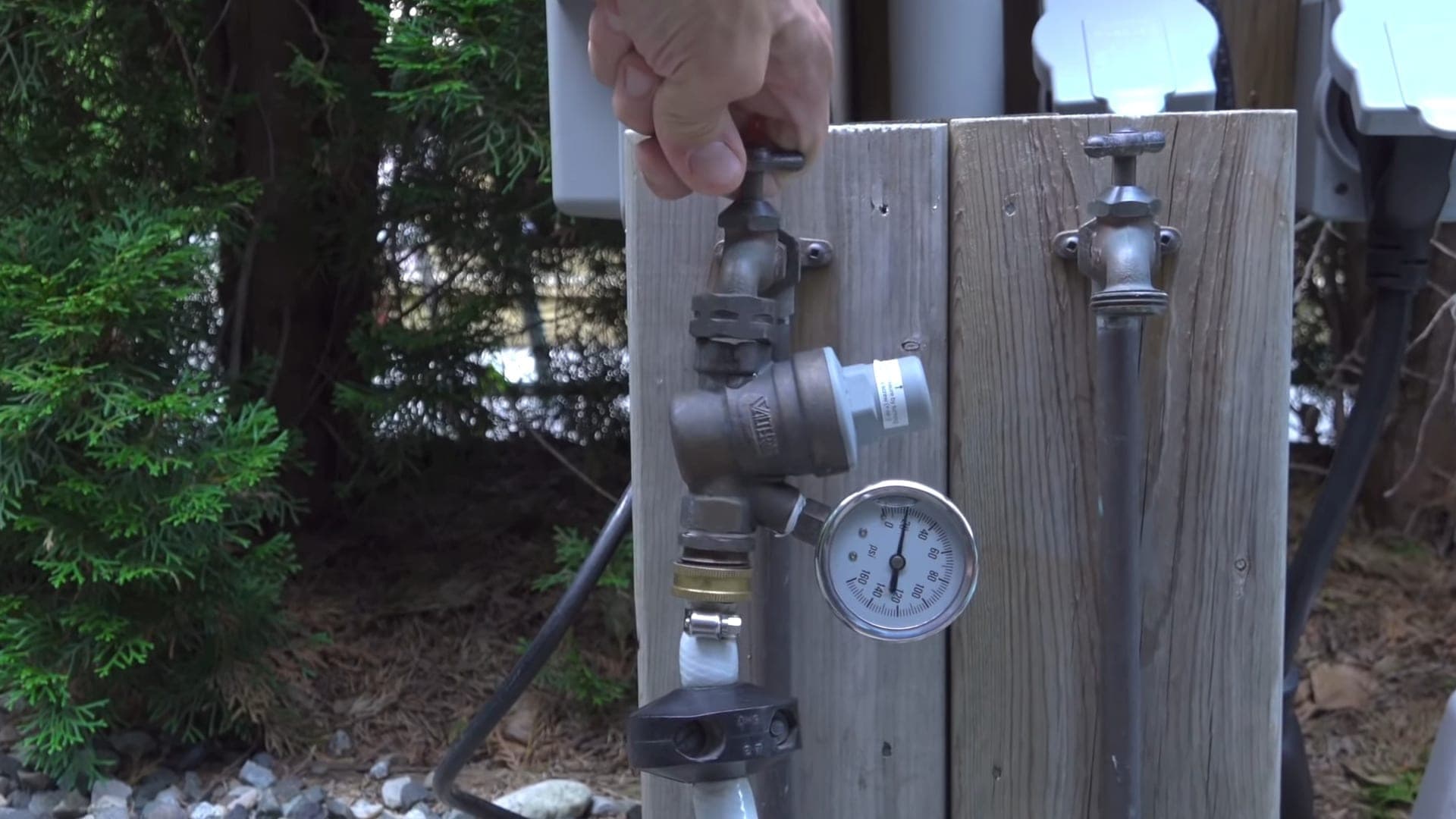Straightforward Ways for Addressing Low Water Pressure in Your Home
Straightforward Ways for Addressing Low Water Pressure in Your Home
Blog Article
Just how do you actually feel about 10 Reasons for Low Water Pressure in Your House?

Low tide pressure in your home can be a frustrating issue, affecting every little thing from bathing to washing meals. If you're experiencing weak water flow, there are a number of possible causes and services to explore. In this overview, we'll review common factors for low tide stress and useful actions to deal with the issue efficiently.
Introduction to Low Tide Pressure
Low tide stress takes place when the flow of water from your faucets, showers, and other components is weaker than common. This can make day-to-day tasks extra difficult and much less reliable. Understanding the root causes of low tide stress is essential to finding the right remedy.
Usual Sources Of Low Water Pressure
Faulty Pressure Regulatory Authorities
Stress regulatory authorities are responsible for keeping regular water pressure in your house. If they malfunction, it can result in low tide pressure or irregular circulation throughout the house.
Local Water Issues
Often, the trouble exists outside your home. Municipal water supply concerns, such as main line leaks or maintenance work, can temporarily reduce water stress in your area.
Pipeline Obstructions
In time, pipelines can come to be blocked with natural resource, debris, or particles, restricting the flow of water. This is a common issue in older homes with galvanized steel pipelines.
Deterioration
Corrosion within pipes can cause leaks and decreased water stress. Corrosion build-up can restrict water circulation, specifically in maturing plumbing systems.
How to Diagnose Low Tide Stress
Evaluating Pipelines
Check noticeable pipes for indications of leakages, rust, or clogs. Focus on any unusual noises, such as knocking or rattling pipes, which might show problems within the plumbing system.
Consulting with a Plumber
If you're not able to determine the cause of low water stress, take into consideration employing an expert plumber to conduct an extensive examination. They can determine underlying concerns and advise ideal solutions.
Inspecting Taps and Fixtures
Beginning by checking the water stress at various faucets and fixtures throughout your home. If the problem is separated to certain areas, it may indicate local troubles.
DIY Solutions to Fix Low Tide Pressure
Flushing Hot Water Heater
Debris build-up in the hot water heater can restrict circulation and lower performance. Flushing the storage tank periodically assists get rid of sediment and keep ideal efficiency.
Examining Stress Regulatory Authority
Guarantee that the stress regulator is working properly. Readjusting or changing the regulatory authority can assist restore appropriate water stress throughout your home.
Cleansing Aerators and Showerheads
Natural resources can build up in aerators and showerheads, minimizing water flow. Eliminate and clean up these components routinely to enhance water pressure.
Cleaning Clogs in Pipes
For minor obstructions, attempt using a plumbing serpent or chemical drain cleaner to clear blockages in pipes. Beware when making use of chemicals and follow safety and security guidelines.
When to Call a Specialist Plumber
If DIY initiatives fail to fix the concern or if you presume considerable plumbing problems, it's best to look for help from a qualified plumber. They have the competence and devices to address intricate issues safely and effectively.
Safety Nets to Keep Water Stress
Mounting a Stress Booster
Take into consideration mounting a pressure booster pump to enhance water stress in areas with consistently low circulation. This can be particularly advantageous for multi-story homes or residential properties with high-demand components.
Monitoring Water Usage
Bear in mind water usage routines and stay clear of overtaxing the plumbing system. Easy modifications, such as staggering showers and washing tons, can help maintain sufficient water pressure.
Normal Upkeep
Arrange regular maintenance for your plumbing system to stop concerns such as corrosion, leakages, and clogs. Resolving minor troubles early can aid prevent even more considerable repairs later on.
Final thought
Handling low water pressure can be frustrating, but recognizing the underlying causes and applying proper services can recover ideal circulation throughout your home. Whether it's cleaning aerators, inspecting pipelines, or speaking with a plumber, taking proactive steps can make sure a stable supply of water for your everyday demands.
HOW TO FIX LOW WATER PRESSURE IN YOUR HOUSE
When your plumbing system functions properly, you likely never think about the water pressure coming from your faucets, shower heads, or other water fixtures. If you experience low water pressure in your house, though, it can quickly cause problems for cooking, cleaning, bathing, and laundry. Learning how to fix low water pressure in your house can help you avoid frustrating situations and worsening plumbing issues.
When investigating why your home has low water pressure, call the plumbing professionals at Hutchinson to inspect your system, identify the problem, and perform necessary repairs. Our highly-trained plumbing system experts utilize the best tools and techniques available to resolve issues with your home’s plumbing system. Call today to schedule a service with our experts and resolve the low water pressure in your home.
Common Causes of Low Water Pressure
While learning about how to fix low water pressure in your house, it’s essential to understand the various causes of this issue. From plumbing system failures to issues with your water fixtures, there are many reasons for low water pressure in a home. The most common causes of low water pressure include:
Pipe corrosion: If you live in an old house, your pipes could be much older than you realize. Over time, most pipes corrode, especially those made from galvanized steel. Corrosion creates small holes in your pipes that allow water to leak as it travels to your fixtures, leading to low water pressure. Hard water: Hard water forms when water retains a certain concentration of mineral and sediment buildup. Hard water can exacerbate corrosion and reduce water pressure. Hard water remains one of the main culprits of clogged pipes. Clogged pipes: When a pipe blockage clogs your system, it restricts water flow. That’s why clogged pipes are a leading cause of low water pressure. Faulty fixtures: Components within individual water fixtures can experience isolated clogging and rusting that cause low water pressure. If you notice only low shower pressure or limited faucet flow, inspect your system for faulty fixtures displaying rusting, clogging, and other damage. Water line leaks: Your water supply usually comes from a community source connected to your home through a water line. Any leaking in this water line will reduce water pressure before it enters your home. If you share a water line with neighbors, they might also notice low water pressure due to this problem. Broken pressure regulator: The pressure regulator ensures the water flowing throughout your home remains at a psi of about 50. Damage or breakdown of this crucial component will reduce water pressure throughout your property. Closed valve: The water valve supplying your home must be fully open to enable proper water pressure. A partially closed valve will yield low water pressure and cause issues. 5 Ways to Fix Low Water Pressure
Check for Leaks
Depending on their severity, leaks are usually easy to identify as the cause of your low water pressure. Whether your basement floods overnight or you notice mold growth on surfaces near your pipes, leaks usually present noticeable symptoms. In most cases, you’ll need to call professionals to replace sections of damaged piping or seal water line leaks.
Clear Clogged Pipes and Drains
Clogs can occur in any part of your system at any time. In most cases, it’s difficult to resolve clogged pipes and drains without professional equipment and experience.
Hutchinson experts can perform a comprehensive plumbing system inspection to identify the clog’s source and remove obstructions from your pipes. With the help of advanced equipment, we can restore your home’s normal water flow and pressure.
Replace the Pressure Regulator
After identifying a faulty pressure regulator as the cause of your low water pressure, there’s nothing to do but replace the mechanism. Homeowners should never conduct their own replacement.
Attempting to replace a crucial component like your pressure regulator that attaches to your overall plumbing framework could cause unnecessary damage and worsen the situation. Instead, rely on professionals to replace your pressure regulator properly.
Repair or Replace Broken Faucets and Fixtures
If you notice water pressure issues in an individual faucet or fixture, you can solve the problem quickly. Depending on the type and location of the fixture, you can likely replace it yourself.
For homes with custom fixtures, you might need to special order new parts. In these cases, opting for professional replacements helps you avoid any mishaps that could leave your water feature dysfunctional for longer.
Install a Pressure Booster
Water pressure problems impacting your neighborhood or community at large might require more overarching solutions. If your neighbors experience low water pressure as well, you might need to integrate a pressure booster into your water supply line.
Pressure boosters upgrade the water pressure starting at the source. These mechanisms can provide water pressure benefits to any homes on the same supply line. Call Hutchinson today to install a pressure booster on your water supply line.
Call Hutchinson to Fix All Your Plumbing Issues
Low water pressure is just one of many plumbing problems that reduce home comfort and cause system issues. The top-rated professionals at Hutchinson offer comprehensive plumbing services, including system inspections, maintenance, and repairs.
https://www.hutchbiz.com/blog/2024/01/15/how-to-fix-low-water-pressure-in-house/

We were shown that article on 10 Reasons for Low Water Pressure in Your House through a good friend on our other domain. Are you aware of anybody else who is truly interested in the subject? Do not hesitate to promote it. Thanks for your time. Come back soon.
Visit Page Report this page